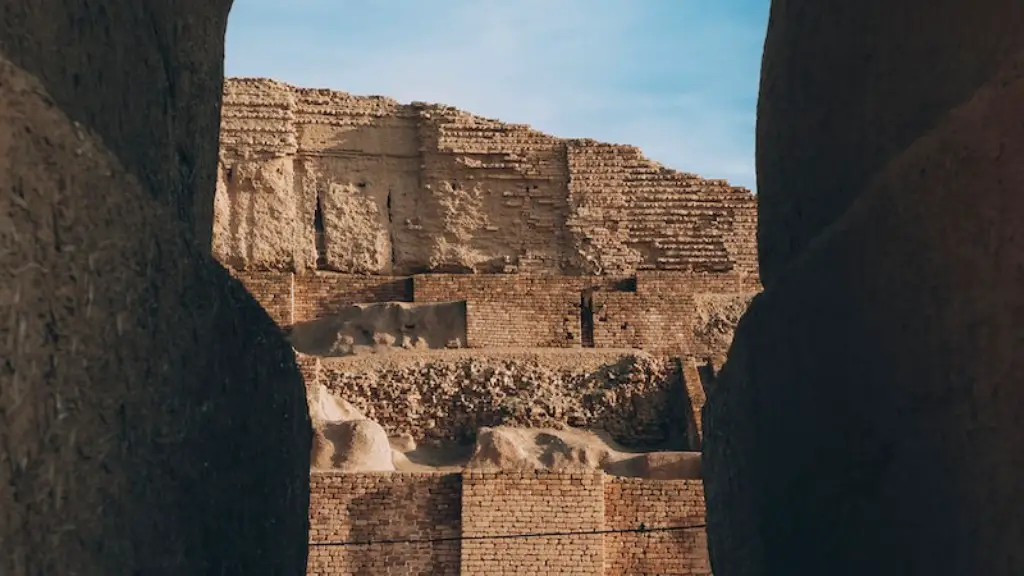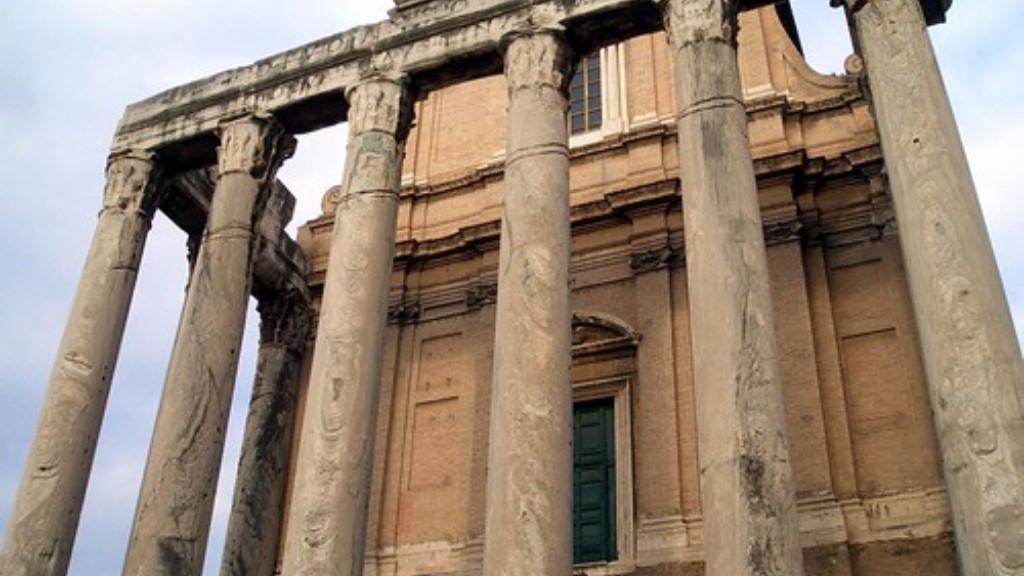Latin is the language of ancient Rome and its empire. It was the language of law, administration, and commerce throughout the Mediterranean world and Europe for more than a thousand years. It is still used as a ceremonial and literary language.
The language of ancient Rome is called Latin because it was the language spoken by the people of Rome.
Why is Roman language called Latin?
The name Latin derives from the Italic tribal group named Latini that settled around the 10th century BC in Latium, and the dialect spoken by these people. The name Latini was used to refer to the inhabitants of Latium, and it is the source of the word Latin. The Latin alphabet is derived from the Etruscan alphabet, which was used by the Latini. Latin was the official language of the Roman Empire, and it is the ancestor of the modern Romance languages.
Latin was the language of the ancient Romans and is believed to have been influenced by the Latini, a group who settled in the region of Rome. The language is no longer spoken by native speakers, but is still used in some academic and religious contexts.
What is the language of ancient Rome called Latin
Latin is a language that was spoken by the ancient Romans. As the Romans extended their empire throughout the Mediterranean, the Latin language spread. By the time of Julius Caesar, Latin was spoken in Italy, France, and Spain.
The Romans referred to their language as lingua Latīna, which literally means “the Latin language.” This is because Latin was the language of the Roman Empire. Latin was also the language of the Roman Catholic Church.
When did Italy stop speaking Latin?
It is interesting to note that historians have stated that Latin really became a dead language around 600-750AD. This is in line with the diminishing Roman Empire where few people could actually read, and the Italian, French and Spanish spoken language was rapidly evolving. It is fascinating to think about how the language may have changed and evolved over time, and how it eventually became extinct.
There are a few reasons to believe that the historical Jesus probably did not speak Latin. Firstly, the lingua franca through much of the eastern Roman world was Greek, and he could have picked up a few words of that Mediterranean tongue from traders plying its caravan routes. Secondly, Latin was not widely spoken in Judea during the time of Jesus. And finally, there is no record of Jesus ever speaking Latin in the Bible or in any other early Christian literature. So it is most likely that the historical Jesus did not speak Latin.
Who actually spoke Latin?
Utilizing a small group of people living along the lower Tiber River as its source, Latin quickly spread throughout the Italian region. With the increase of Roman political power, Latin soon followed suit and spread throughout most of Western and Southern Europe as well as the central and western Mediterranean coastal regions of Africa.
Modern Italian is the direct descendant of Classical Latin, the language used by the Roman Empire. After the fall of the Roman Empire, Classical Latin continued to be used for most writings. However, a different version of Latin, Vulgar Latin, became more commonly spoken by the average person in parts of Italy. Over time, Vulgar Latin evolved into Classical Italian.
Why did Romans speak Greek instead of Latin
The Romans often admired the Greek culture, and many educated Romans and emperors studied Greek themselves. When the Roman Empire spread to western Europe, they found that most of the cultures did not have a written language. Latin was therefore adopted as the written language for bureauracy.
Latin was the language of the Roman Empire, and it was also the language of the Church. Through the power of the Roman Empire, Latin became the dominant language in the Italian region and subsequently throughout the Roman Empire. After the fall of the Roman Empire, Latin continued to be used as the language of the Church, but it gradually fell out of use as a vernacular language.
When did Latin become the official language of Rome?
Latin was the dominant language of the Roman Republic in the 3rd century BC. It was used for all aspects of life including administration, law, politics, and religion. Latin quickly became the dominant language over other languages spoken at the time.
The Adamic language is said to be the first language spoken by man. It is also said to be the language of God. Some believe that this language is still spoken by God and that it can be understood by all people.
Why did Latin go extinct
Latin essentially “died out” with the fall of the Roman Empire, but in reality, it transformed — first into a simplified version of itself called Vulgar Latin, and then gradually into the Romance languages: Spanish, French, Italian, Portuguese and Romanian Thus, Classical Latin fell out of use.
Sumerian is believed to be the oldest language in the world, with evidence of written Sumerian dating back to approximately 3500 BC. The Sumerian language was spoken in the ancient region of Sumer in Mesopotamia, which is now modern-day Iraq. The Sumerians were a highly advanced civilization, and their language reflect this. Sumerian is a complex language, with a rich vocabulary and intricate grammar. It is a fascinating language to study, and has inspired many subsequent languages.
Who was the black apostle in the Bible?
Simon Niger was a person in the Book of Acts in the New Testament. He was a member of the Seven Deacons, and was also one of the first convert of the gospel in Samaria. He was a good man, and was known for his acts of charity.
From a historical perspective, Jesus was a Jewish man who lived in first century AD. However, the Gospels provide a different perspective on Jesus. They depict Jesus as a man who was born in Bethlehem, raised in Nazareth, and performed many miracles.
Final Words
There are a few reasons why the language of ancient Rome is called Latin. First, Latin was the official language of the Roman Empire. Second, Latin was the language of the Roman Catholic Church. Third, many of the great works of literature from the Roman period were written in Latin. Finally, Latin has had a significant influence on many modern languages.
It is called Latin because it was spoken in the region known as Latium.





